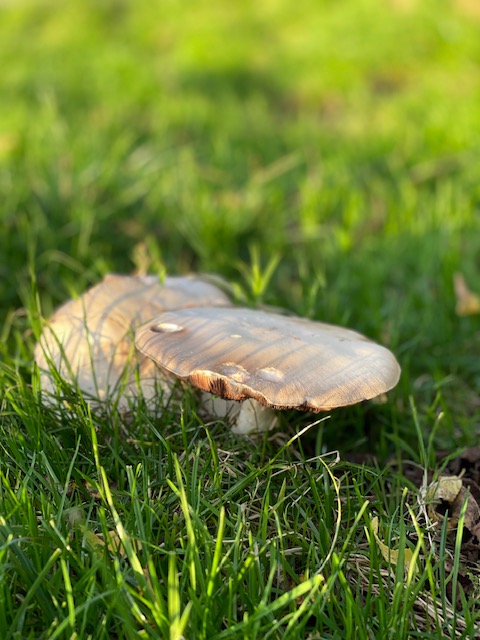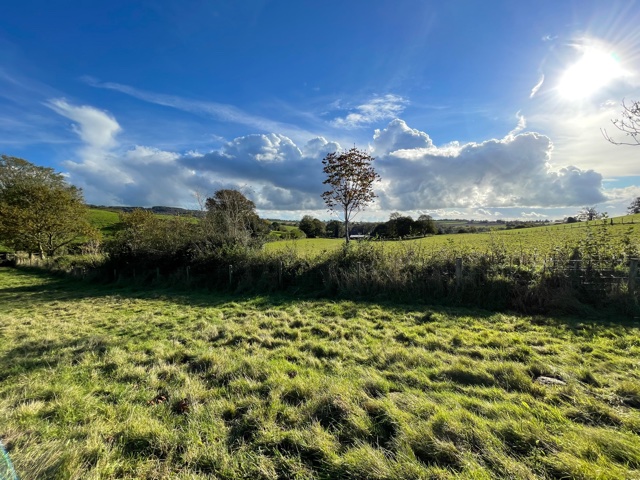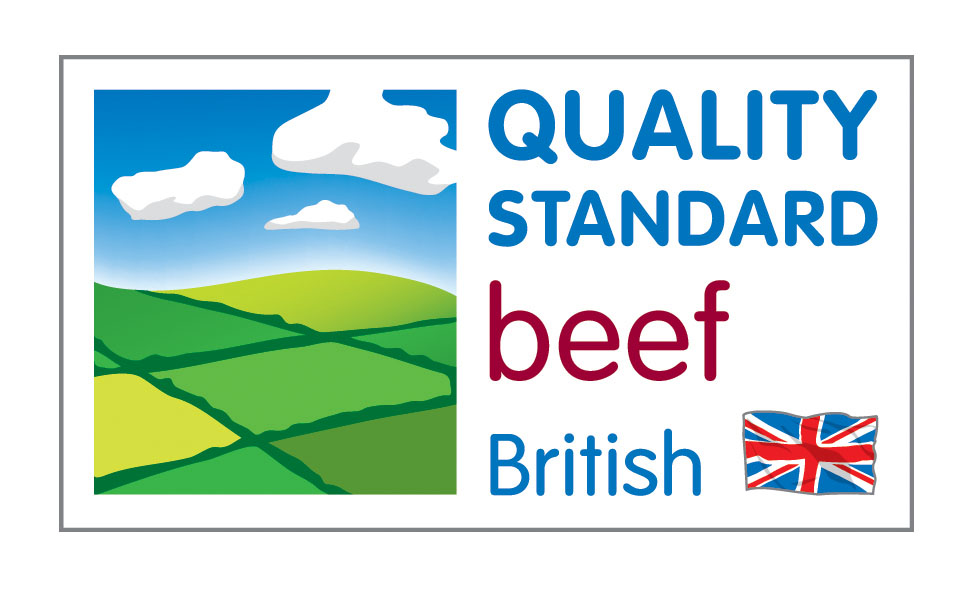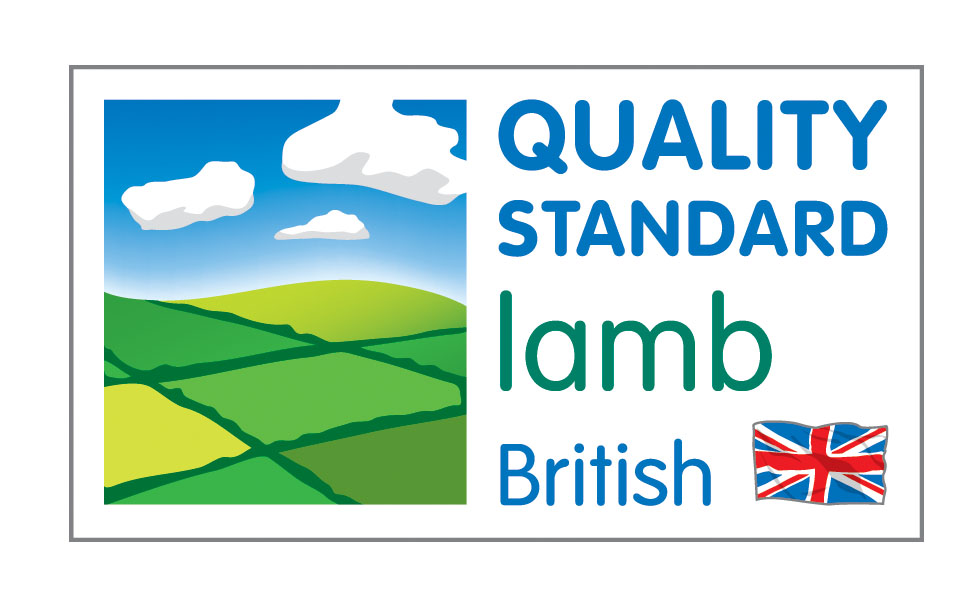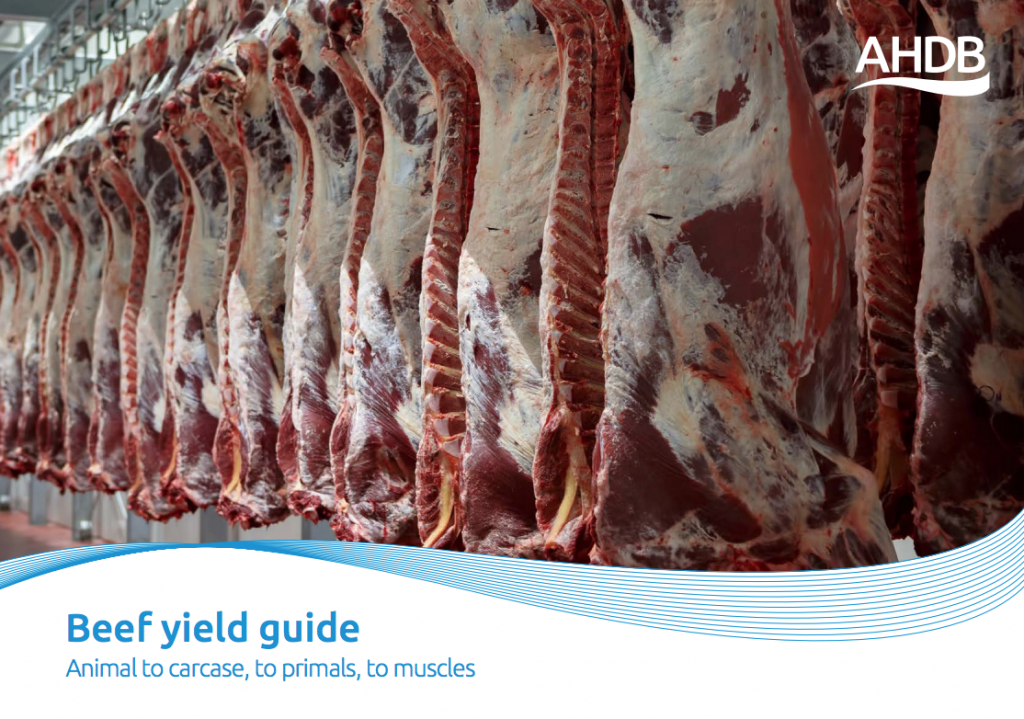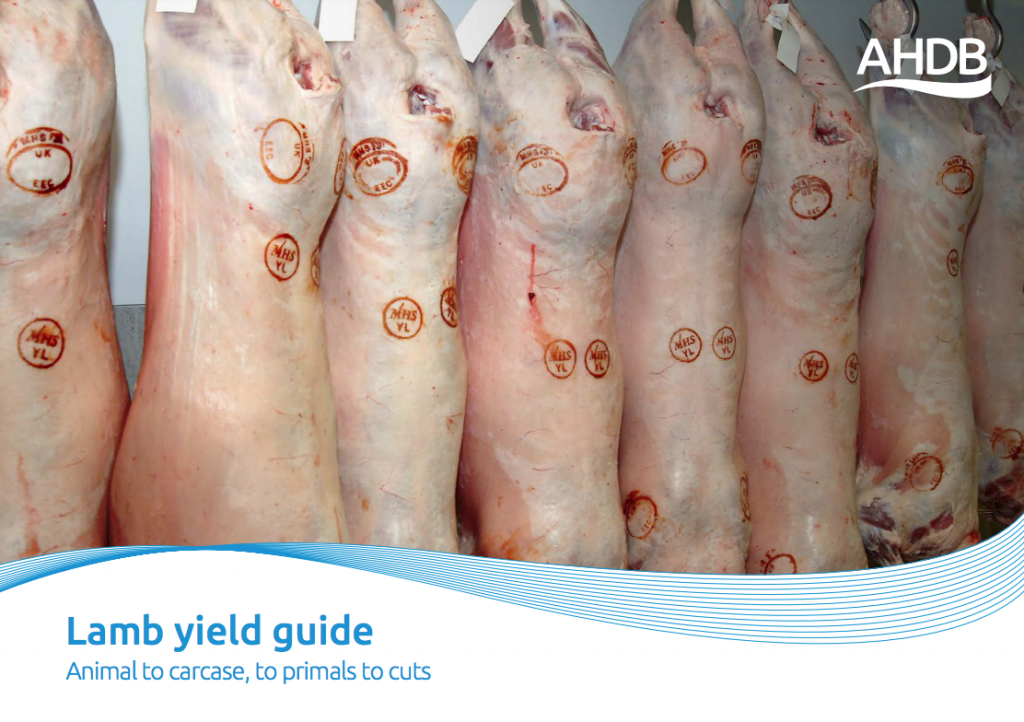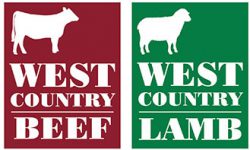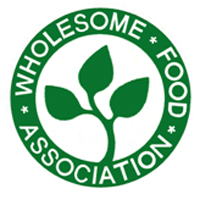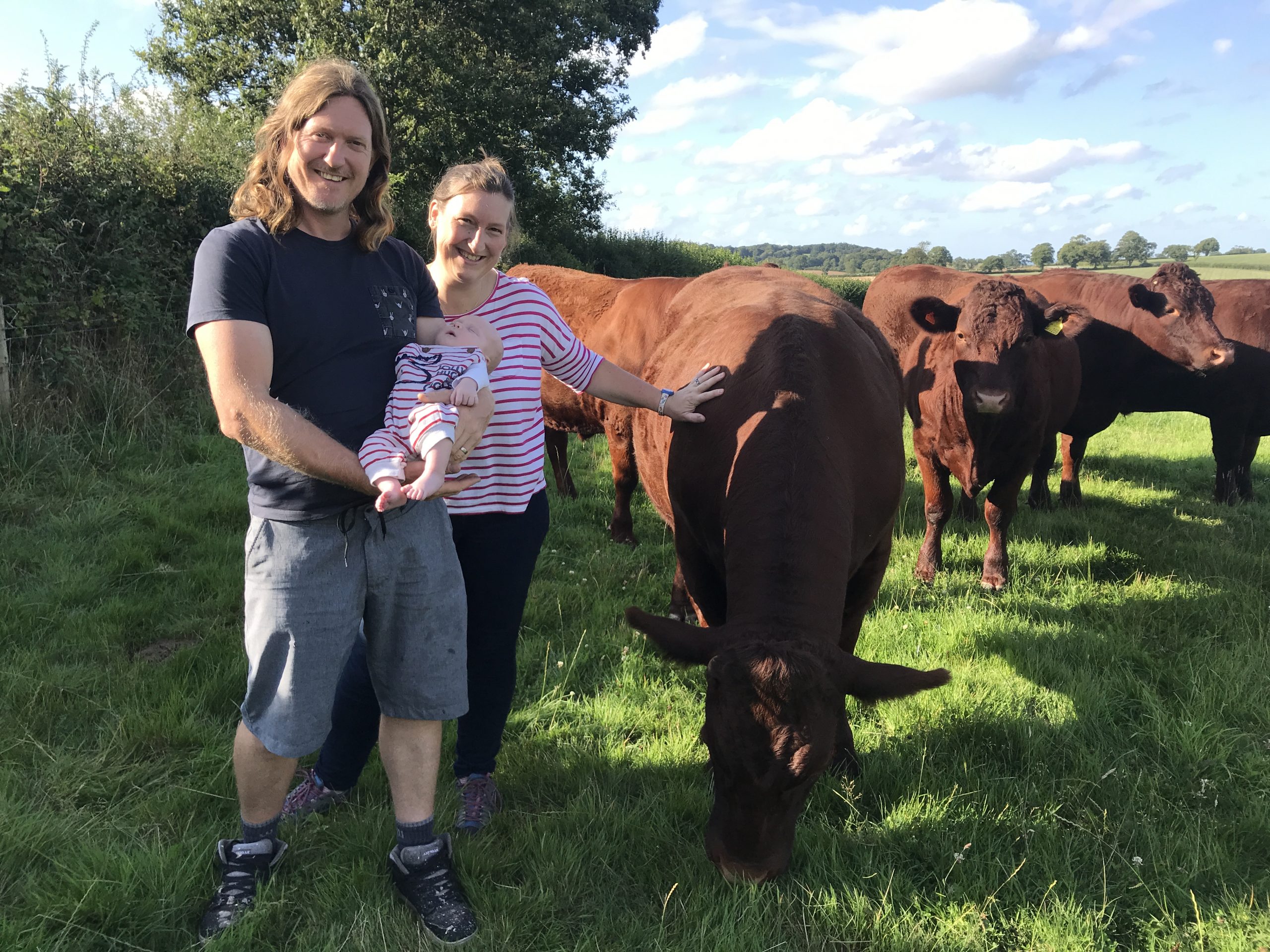
“Welcome to our farm”
Matt, Helen & Douglas
Helen’s parents started rearing livestock at Little Pirzwell over 40 years ago. They specialised in rearing Red Ruby Devon cattle and Jacob / Shropshire cross sheep which thrive on the land here. Nowadays Helen’s parents are enjoying a well-earned retirement and Helen, her husband Matt and son Douglas are running the business, tending to the animals and selling top quality beef and lamb boxes.
Our beef and lamb is delicious (even if we do say so ourselves). We are dedicated to providing wholesome, tender and tasty food that is naturally and carefully reared. Our beef is all from Red Ruby Devon cattle, reared slowly, fed naturally, and hung for at least 28 days to make the meat really tender! Our Beef Boxes offer a wide selection of joints, steaks, casserole cuts and mince and is ready for your freezer. Our Lamb Boxes are equally generous. All our lambs are Jacob crosses, slowly grown and also hung for between 7 and 14 days depending on their age.

We wanted to raise happy & healthy, strong native breeds that grow with their mums in the field until they are weaned.
Happy animals are also typically healthy animals. By choosing native breeds that thrive outdoors in all weathers on the grassland we have means there is no intensification or stress involved in their lives. The young cattle are reared with their mothers until they are weaned, and then grow slowly on a largely grass-fed diet. The lambs are the same, staying with their mothers until they are fully weaned and independant. All of our livestock is outdoors for most of the year and housed in barns over the worst of winter.
Little Pirzwell is located beside the Blackdown Hills AONB where livestock has been farmed since at least the eleventh century. Sheep were even noted as being farmed here in the Domesday book of 1086 for the Pirzwell hamlet!
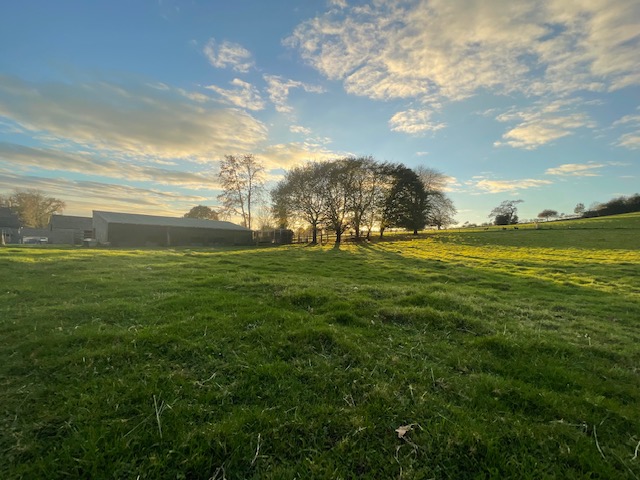
Working within our means at Little Pirzwell is our approach to being naturally sustainable.
A low carbon footprint requires working with nature and what we have at Little Pirzwell. Our grassland locks in tons of carbon into the soil every year through carbon sequestration, and our livestock helps the grass and biodiversity to flourish. Sheep and cattle eat different parts of grasses and help maintain and promote new fresh growth. By not overloading the fields with livestock and rotating the fields they roam we have cultivated some really healthy pastures here over the years.


